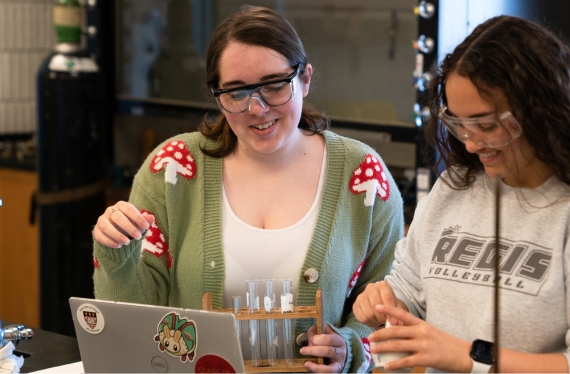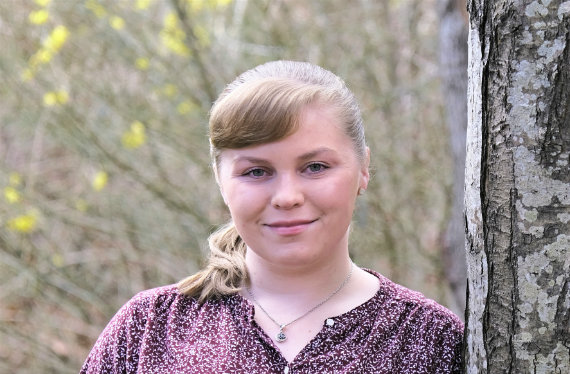The Bachelor of Science in Biomedical Engineering program at Regis College allows students to explore the fields of biology, medicine and engineering.
In biomedical engineering, students are given opportunities to apply team-based design and hands-on active analysis. Along with Regis' liberal arts curriculum, students will relate subject matter in the major to other disciplines to develop important skills in communication, critical thinking, awareness and impact of contemporary domestic and international issues, and problem solving.
Program Objectives
The university's goal for the program is to create world-class graduates who meet the 21st century needs of biomedical-related industries.
These innovative industries are focused on critical patient care through the use of ground-breaking medical devices and pharmaceuticals, as well as government and private consulting practices that are founded on a strong liberal arts education. Graduates of the Regis College biomedical engineering program will:
- Apply engineering principles, theory, and the practice of technology design and creation tailored toward patient care and human health.
- Build critical leadership and interpersonal and professional skills to thrive within diverse team environments and prepare for lifelong learning.
- Develop an awareness of the interactions among science and other human endeavors as well as the moral and ethical responsibility of science to society.
Curriculum
Students in biomedical engineering take courses that expose them to a broad overview of the discipline. Students are afforded an experience to design, analyze, and build prototypes that fit their interests. Through the curriculum, students learn about the tools of the engineering field and are required to communicate orally, visually, and through writing their ideas to a wide audience beyond the engineering field. View full curriculum and requirements.
Additionally, students are challenged to think beyond engineering and develop an interdisciplinary understanding of the sciences, project management, and government standards and regulations. Coursework includes a research experience or an internship in the junior or senior year, and a senior design project in collaboration with local industry partners.
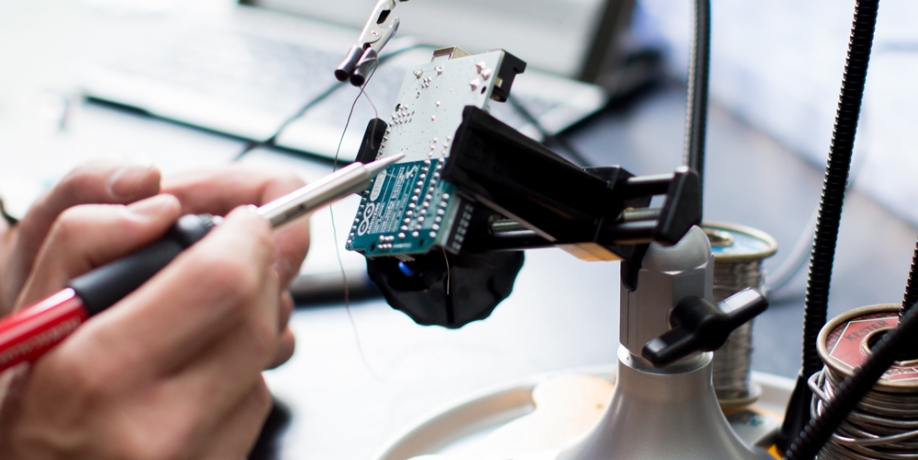
Biomedical Engineering Careers
As a biomedical engineering graduate from Regis College, you can explore careers in areas such as:
- Medical devices
- Pharmaceutical and biologics
- Clinical research and development
- Rehabilitation engineering
You can also choose to continue your education through graduate or professional programs.
Commitment to Equity and Inclusion
In biomedical engineering we live out Regis College’s core value of welcoming all without distinction. The critical connection between engineering and societal values can be formed only if representation within our community reflects the diversity of our society. A diverse and inclusive environment that welcomes all races, genders, sexual orientations, opinions, and other defining characteristics of our identity is the most effective way to build a scholarly community that can change our world for the better. Regis College’s biomedical engineering program aims to create a culture of equity and inclusion in and out of the classroom, and to develop leaders who foster such a culture.
Student and Faculty Highlights
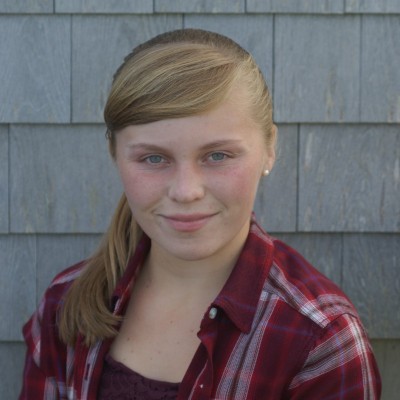
Emily Brown '21, biomedical engineering. participated in the first-ever biomedical engineering virtual summer internship aimed at increasing PPE compliance in universities. Emily worked with three other students to design a mask for winter weather. Watch her final video presentation on YouTube. Emily joined more than 500 students from more than 50 universities around the world for this 10-week experience created by the BME Alliance of Cleveland Clinic and Case Western Reserve University.
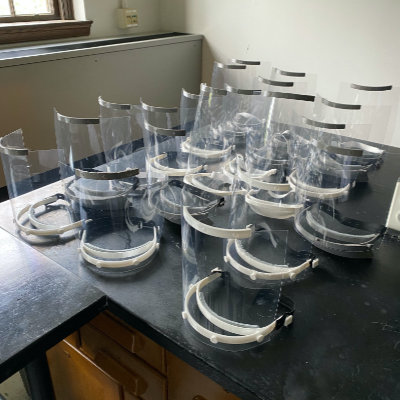 Brian Plouffe, biomedical engineering program director and assistant professor, worked with health sciences faculty from diagnostic medical sonography and occupational therapy programs to make 30 masks for students with our new 3-D printer this summer. The printer is a great addition to our biomedical engineering lab made possible by support of Chairman John Tegan and Trustee Paul Lonergan.
Brian Plouffe, biomedical engineering program director and assistant professor, worked with health sciences faculty from diagnostic medical sonography and occupational therapy programs to make 30 masks for students with our new 3-D printer this summer. The printer is a great addition to our biomedical engineering lab made possible by support of Chairman John Tegan and Trustee Paul Lonergan.
